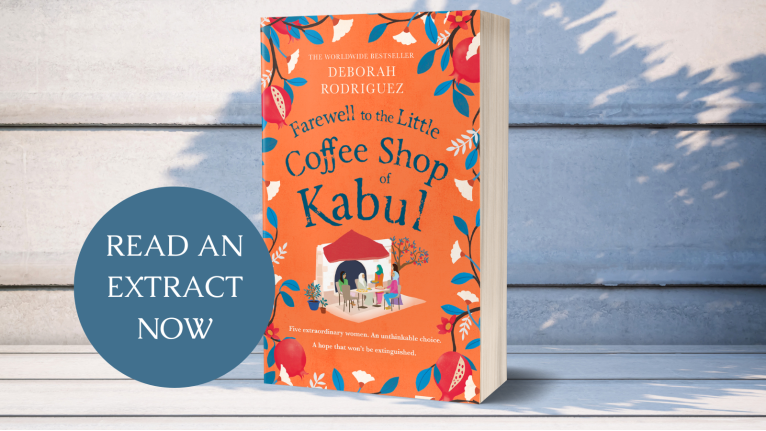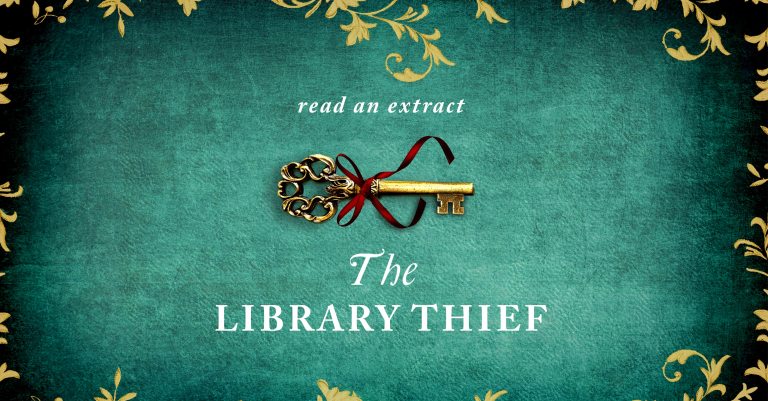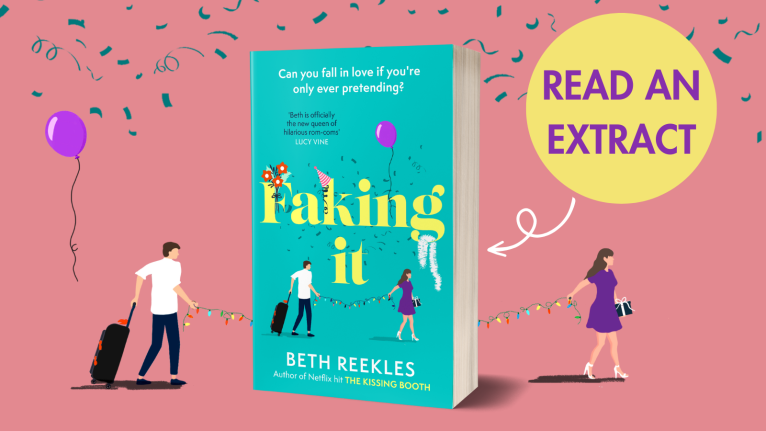Hyde Exclusive Extract
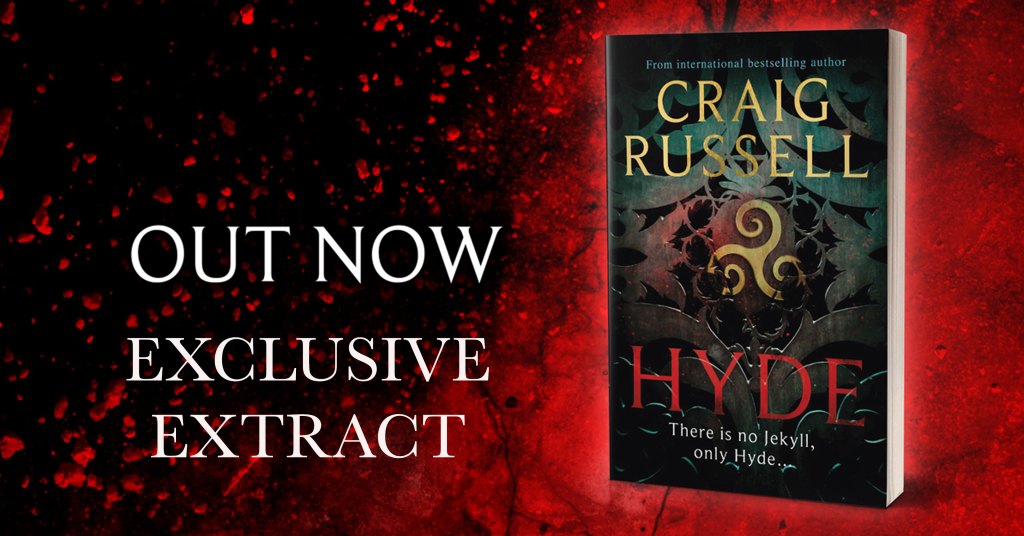
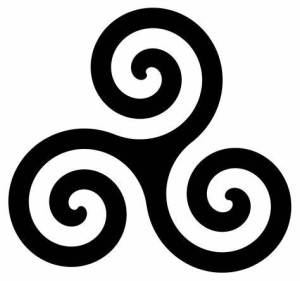
P R O L O G U E
He looked at his friend and wondered how he still lived.
Such a strong character, such a powerful personality,
such an irrepressible force of will and resolve confined in so small
and fragile a vessel. He knew, as he took in the narrow-shouldered
frame and the thin, birdlike face bleached yet paler by the bright
sun, that his friend would not be long among the living. Even now,
his presence in this world was attenuated, fading, like the image of a
man unfixed and dissolving on an exposed photographic plate.
And all the time, as they sat on the bench looking out over
the pale sand of the beach and the glittering shield of the English
Channel beyond, he was aware how starkly his own robustness
contrasted with his friend’s infirmity. As could be gathered from
the sometimes uneasy glances cast by passers-by, there was nothing
attenuated about the larger man’s presence in the world.
The conversation between the two was scant. Theirs was an
acquaintance of long standing where companionship alone often
sufficed. Also, the larger man was afraid of tiring the other. It had
been years since they had last met, and the deterioration of his friend
had alarmed him.
‘We’ll head back to Skerryvore in a while,’ said the gaunt man.
‘Fanny will have prepared something to eat.’ Despite the summer
warmth, he wore an ill-fitting jacket of heavy velveteen draped over
insubstantial shoulders. There had been talk of seeking out a more
curative climate – less tainted airs and brighter suns; the American
West or the South Seas, perhaps – and the heavy-set man wondered
if his companion would still wear the same jacket under friendlier
skies, and if those skies would at long last bring some colour to his
pale complexion.
‘It’s this damned book as much as anything,’ said the frail man
without moving his gaze from the sea but clearly having read his
friend’s concern. ‘It consumes me so, eats at me – yet I can find no
clear framework for the telling of it. I know exactly what it is I want
to write about, I know that at its heart must lie a tale of the duality
of human nature, about the good within the bad and the bad within
the good, but every day it confronts me with a blank page.’
‘The duality of human nature, you say?’ asked the other.
‘Although we pretend otherwise,’ said the frail man, ‘we are all
manifold. There are bright angels and dark demons in each of us. It is
a subject that has consumed me since childhood. You know I inherited
that dresser – the one carpentered by Deacon Brodie – from
my late father. It is such a beautifully crafted piece and, as a child, I
would stare at it in daylight wonder – but at night . . . oh, at night the
thought of it sitting there in the dark filled me with dread, thinking
that the ghost of the other Brodie, the night-time Brodie, would
steal into our house with his gang and murder us all in our sleep.
‘As a boy, I became obsessed with Brodie’s story, burned into
Edinburgh’s history – a prominent and respected member of
Edinburgh society by day, the worst villain by night. I would have
this nightmare where Brodie would be in my room; I would just and
no more make out in the shadows this tall, dark figure wearing a
tricorn hat. He would cross the room, the tools of his daytime trade
rattling in his satchel against the pistols of his nightwork. He would
lean down over my bed, his neck encircled by the steel band they
say he wore to cheat the hangman. As he did so, I would see both
Brodies as one: his smile would be courteous and benevolent and at
the same time a malicious, cruel grinning.’ He paused for a moment.
‘I have it still, you know – the Brodie dresser, I mean. I brought it
with me here to Skerryvore. Anyway, Brodie’s tale fascinates me still
and I want to tell something of the like. Something not just about
good and evil, but about their coexistence in the same personality,
and all the shades and contrasts between them. About the dualities
and conflicts within the human soul.’ He laughed weakly. ‘Perhaps
it’s the Celt in me that leads me to such obsessions. Or maybe it’s
because our country itself has a divided personality: that Scotland’s
dual sense of self echoes in its sons. Whatever its source, I am driven
to write something about the duality of man’s nature.’ He sighed, the
shrug of his narrow shoulders almost lost in his voluminous jacket.
‘It’s just that I can’t seem to pin my story to its page.’
The larger man remained silent for a while, he too directing his
gaze out to some unfixed point over the water.
‘If you have want of such a story,’ he said eventually, ‘I can tell
you one.’
And under a bright but cheerless Bournemouth sun, Edward
Hyde told his frail friend, Robert Louis Stevenson, his tale.

